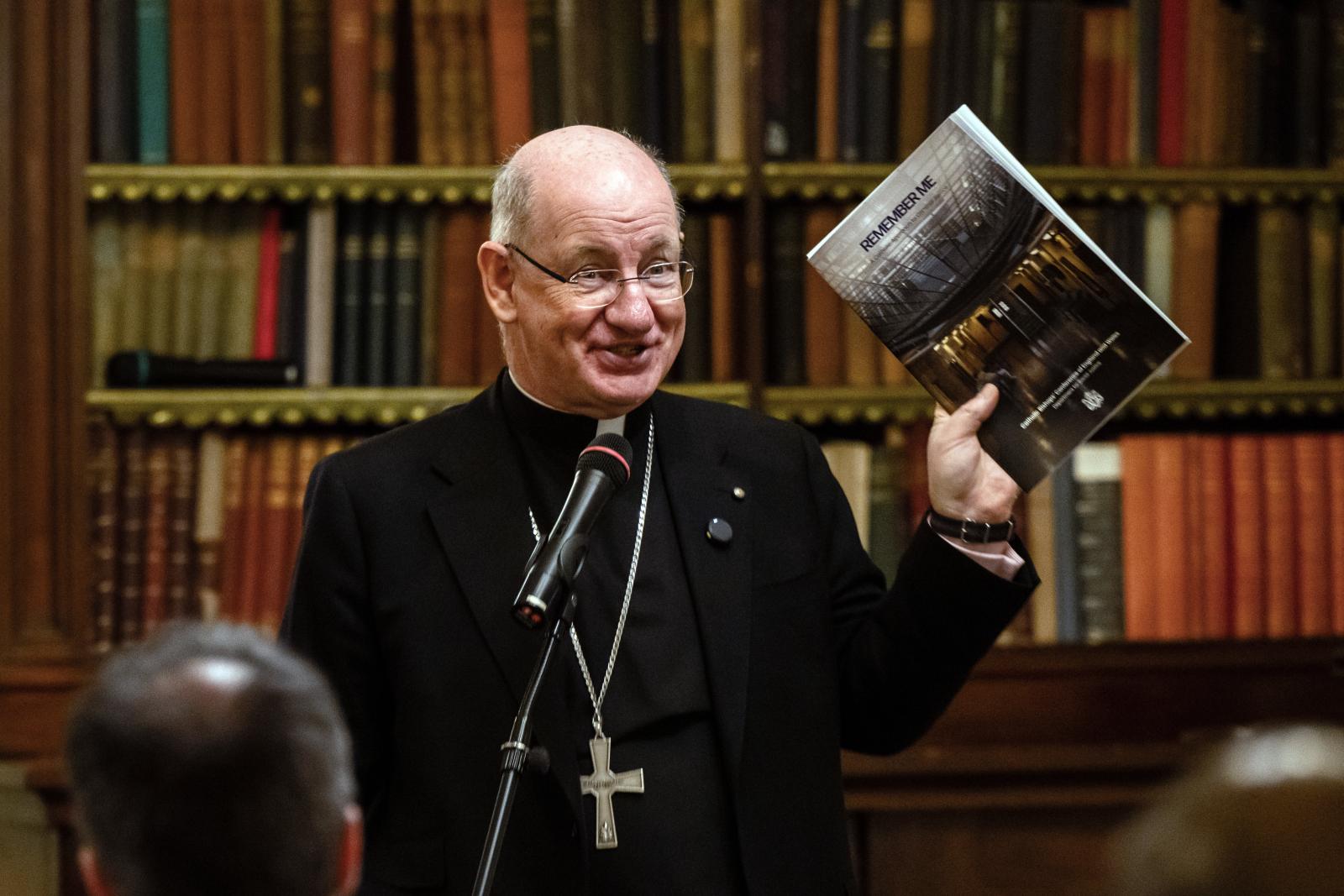The Department for Social Justice of the Catholic Bishops’ Conference of England and Wales has released a new document on criminal justice encouraging Catholics to play an active role in caring for the needs of victims and supporting the rehabilitation of offenders.
Writing in the foreword of the document, Remember Me: A Catholic Approach to Criminal Justice, Bishop Richard Moth, Chair of the Department for Social Justice and Liaison Bishop for Prisons, said:
'This document offers clear calls to action for the Catholic community, wider civil society and the UK Government and its criminal justice agencies.'
He added:
'There is a call, too, for the whole community to remember and accept the opportunities to enable those leaving our prisons to be resettled and reintegrated into society in the hope of finding, perhaps for the first time, a healthy sense of belonging, community and self-esteem.'
Speaking about restorative justice – the possibility of someone who has committed a crime to meet the person who was affected – Bishop Moth said:
'In particular, the value of restorative justice must be recognised, for it can be an effective path to both healing for the victims of crime and rehabilitation for offenders.'
Meeting the needs of victims
Remember Me argues that care for victims must be an “essential pillar” of the criminal justice system and that the Church and the faithful can be important when it comes to supporting victims of crime:
“There is a clear opportunity for the Catholic Church in England and Wales to provide for the spiritual, psychological and physical needs of victims.
“The way in which we do this should be deepened by our understanding of the reality of suffering and enriched by our hope in the redemption of any person or situation through human co-operation with the grace of God.”
Chaplains and parishes
The document also highlights the crucial work of Catholic chaplains, and the important role local parishes can play in helping ex-offenders reintegrate into society, and in supporting their families:
'Catholic chaplaincy within prison, and Catholic parishes outside prison, offer opportunities for offenders to come to a deeper understanding of both the reality of their actions and the truth of their human dignity.
'The voluntary experience of prayer, formation and fellowship can have a deeply transformative effect on the thoughts and actions of those who have committed crimes, helping them to atone for their past mistakes and believe in the possibility of a better future.
'This is the experience of our prison chaplains and the very large number of volunteers who assist them.'
Bishop Moth added that prison conditions are not currently conducive to rehabilitation:
'Effective rehabilitation is important not just for those serving sentences but also for the benefit of the wider community.
'The condition of our prison estate continues to demand attention, for it is very difficult to discover dignity and purpose in conditions that are, in some cases, not fit for purpose.'
God-given dignity
Bishop Moth also reiterated that effective criminal justice must have at its centre the inherent dignity of all involved. He said:
'Remembering that every person has an innate God-given dignity is a key step on the path to effective criminal justice.'
Read and download
The document can be found on this website here: cbcew.org.uk/remember-me




